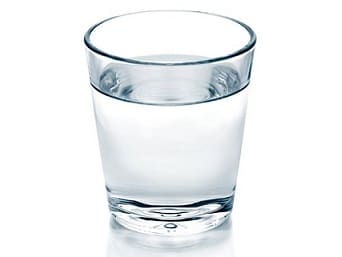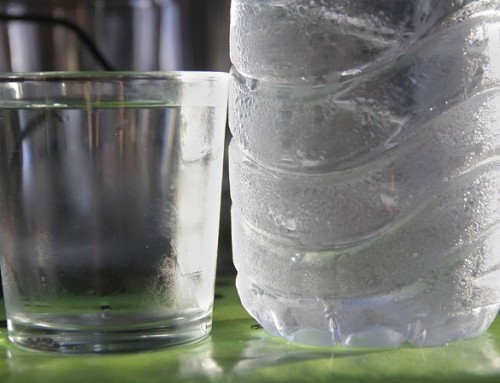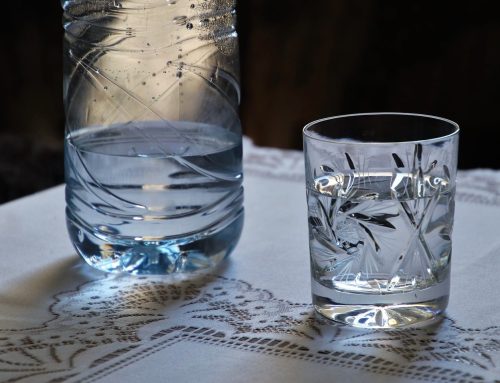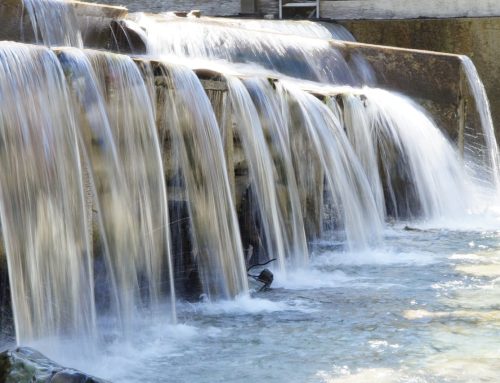 What is water?
What is water?
Water is a very important substance, as it makes up the larger part of the body. It consists of tiny particles, called atoms, just like every other substance on earth. One of these atoms is called hydrogen and the other is called oxygen. As you know the air that we breathe also contains oxygen. One particle of water is called a molecule. When lots of water molecules melt together we can see the water and drink it or use it, for instance to flush a toilet.
In what states (phases) can water be found?
Water exists in three states: solid, liquid and gaseous. At a normal temperature of about 25oC it is liquid, but below 0oC it will freeze and turn to ice. Water can be found in the gaseous state above 100oC, this is called the boiling point of water, at which water starts to evaporate. The water turns to gas and is then odourless and colourless. How fast water evaporates depends on the temperature; if the temperature is high, water will evaporate sooner.
What happens if water changes phase?
When a substance such as water changes phase, its physical appearance changes, but not its chemical properties. This is because the chemical structure remains the same, but the molecules of which it consists will float a little further apart. In the solid state the water molecules are fairly close together, but in the liquid state they are a bit further apart. The water becomes liquid as a result of parting molecules. When water changes from liquid to gas the molecules will part even further, that is why we cannot detect it.
What is hard water?
When water is referred to as ‘hard’ this simply means, that it contains more minerals than ordinary water, calcium and magnesium. The degree of hardness of the water exceeds, when more calcium and magnesium dissolve.
Water cooler rental London and water cooler purchase from Living-Water. Rent water dispensers and get a free water dispenser trial.





